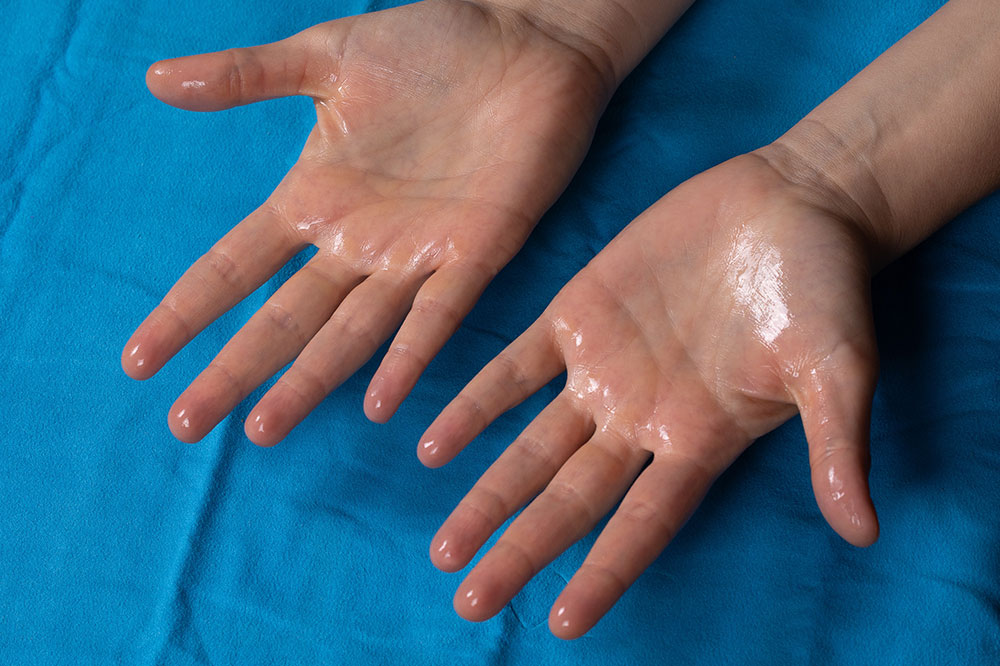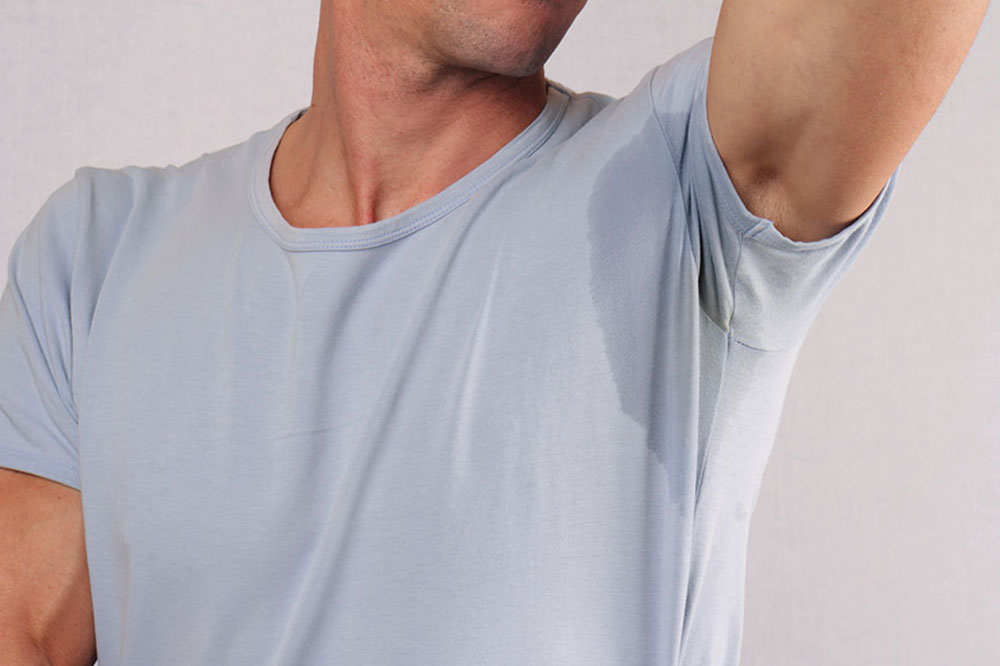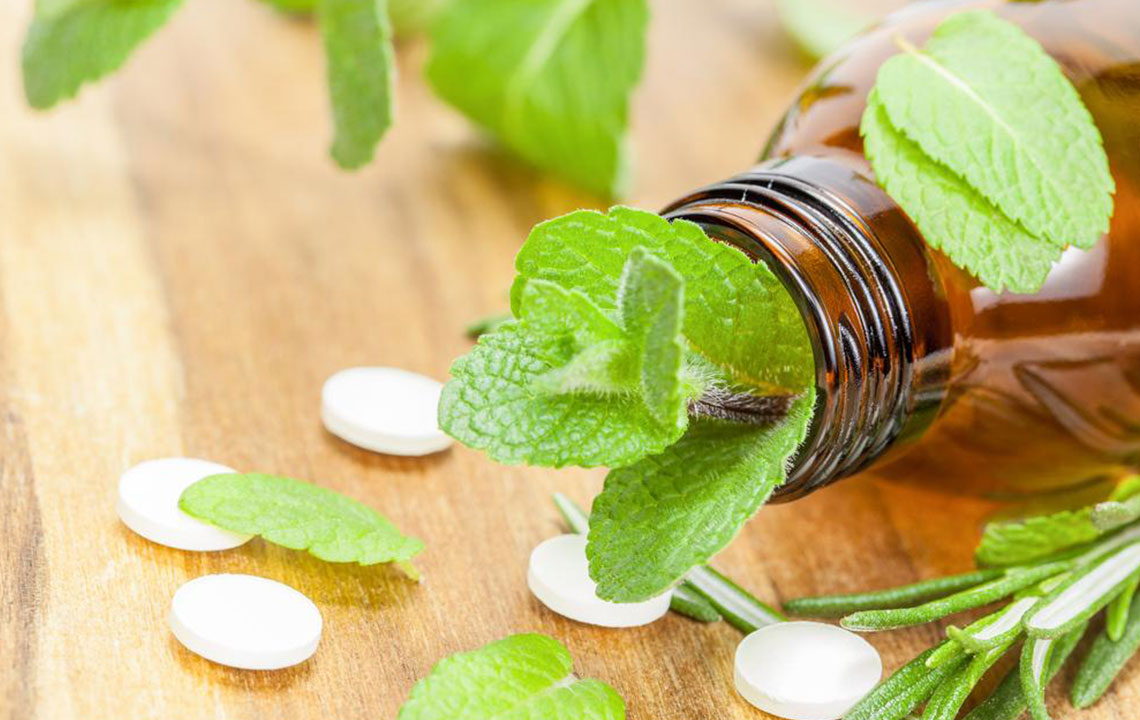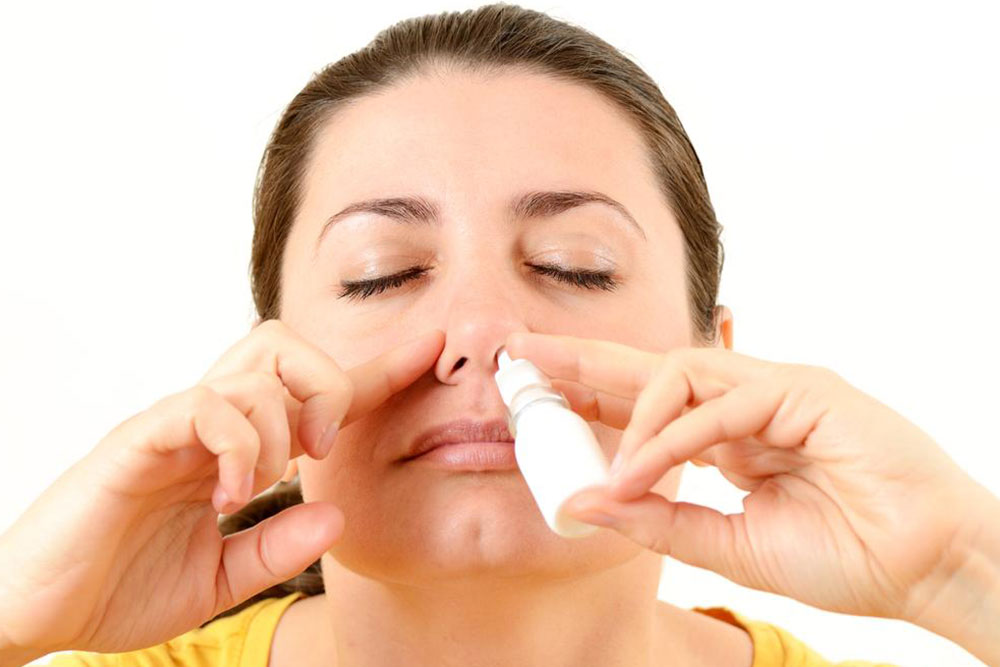Effective Home Strategies for Managing Excessive Sweating
Discover practical home remedies for controlling hyperhidrosis, including herbal treatments, dietary habits, and lifestyle changes. These natural approaches can help reduce excessive sweating, odor, and discomfort, enhancing daily comfort and confidence.
Sponsored
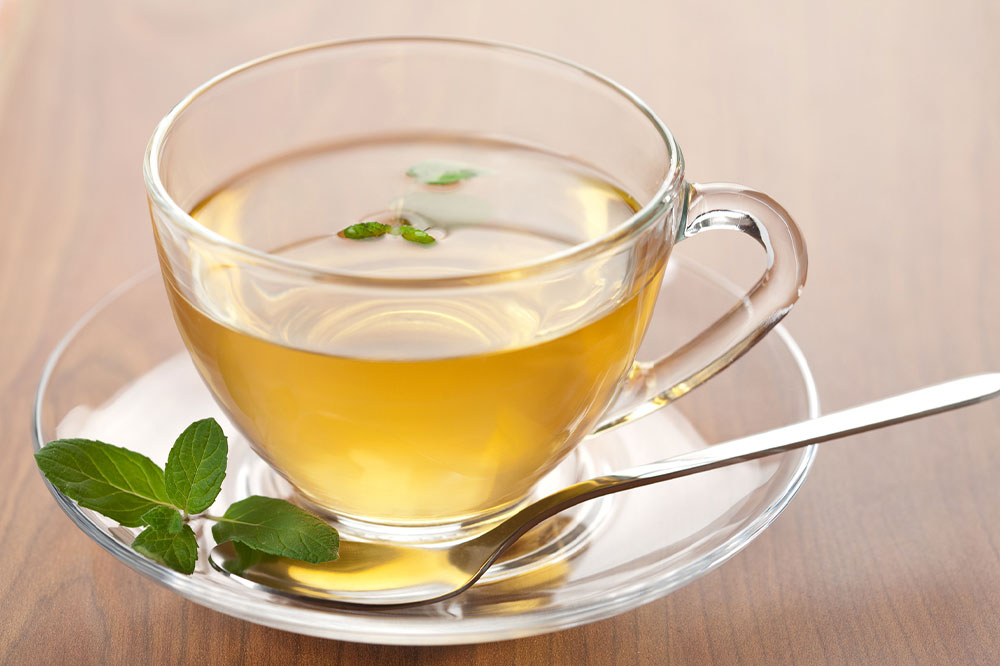
Excessive sweating, also known as hyperhidrosis, occurs when the body produces more sweat than needed for cooling. This condition can interfere with daily life, causing odors and clothing stains. Fortunately, several natural and DIY methods can help control symptoms. From herbal treatments to dietary adjustments and lifestyle changes, these remedies may alleviate excessive perspiration and improve quality of life.
Herbal Solutions
Witch hazel acts as an astringent, helping to dry skin and shrink pores to reduce sweating. It can be applied directly or made into a paste with water, left for half an hour, then rinsed off.
Sage contains tannic acid which constricts sweat glands. Drinking sage tea or applying sage leaves topically can help manage sweating levels.
Apple cider vinegar (ACV), when diluted and applied with a cotton ball, can help close pores and prevent bacteria growth that causes odor.
A mixture of cornstarch and baking soda offers absorbent properties to keep skin dry and may combat bacteria often associated with sweat. Apply and leave for 30 minutes before rinsing.
Green tea is rich in magnesium and B vitamins, which aid in calming the nervous system and reducing sweating. Drinking it regularly can be beneficial. Similarly, black tea might offer comparable benefits.
Tomato juice can help shrink pores, decreasing sweat production. Drinking a glass daily or applying the juice topically for a few minutes may assist in controlling hyperhidrosis.
Potatoes, high in potassium, promote water elimination from the body. Consuming potatoes or rubbing slices on affected areas can help reduce excessive sweating.
To absorb sweat and prevent odor, body salt scrubs like Epsom salt can be effective. Applying these salts during the onset of sweating or mixing with lemon juice for a citrus scrub can offer relief. Daily use and rinsing in the shower or before bed are recommended.
Coconut oil, containing antimicrobial lauric acid, helps eliminate bacteria that trigger sweating. Mixing crushed camphor with coconut oil and applying on the skin for 45 minutes before rinsing can be beneficial. Applying cold-pressed coconut oil post-shower can also help reduce perspiration.
Lifestyle Adjustments
Practicing good hygiene, such as daily showers and air drying, reduces bacterial buildup on moist skin, helping manage hyperhidrosis.
Wearing breathable fabrics like cotton and linen allows better air circulation and moisture wicking, keeping the skin cool and dry.
Managing stress through techniques like yoga, meditation, and deep breathing can decrease physiological triggers of excessive sweating.
If home remedies are inadequate, consulting a healthcare professional is advisable. Searching for "hyperhidrosis treatment near me" can lead to available options, including medical interventions that address underlying causes and offer symptom relief.

